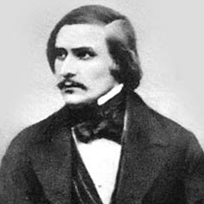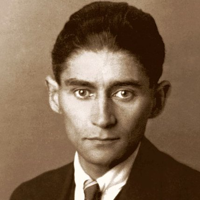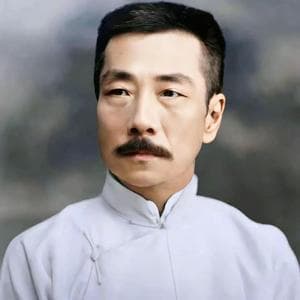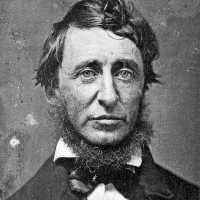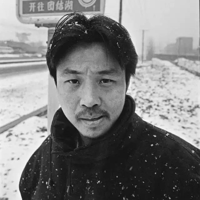Nikolai Gogol (Николай Гоголь) tipo di personalità MBTI
Personalità
"Che tipo di personalità è Nikolai Gogol (Николай Гоголь)? Nikolai Gogol (Николай Гоголь) è un tipo di personalità INFP in mbti, 5w4 - sx/sp - 548 in enneagram, RLUEI in big 5, IEI in socionics."
"He was not popular among his schoolmates, who called him their "mysterious dwarf", but with two or three of them he formed lasting friendships. Very early he developed a dark and secretive disposition, marked by a painful self-consciousness and boundless ambition. Equally early he developed a talent for mimicry, which later made him a matchless reader of his own works and induced him to toy with the idea of becoming an actor. In 1828, on leaving school, Gogol came to Saint Petersburg, full of vague but glowingly ambitious hopes. He had hoped for literary fame, and brought with him a Romantic poem of German idyllic life – Hans Küchelgarten. He had it published, at his own expense, under the name of "V. Alov." The magazines he sent it to almost universally derided it. He bought all the copies and destroyed them, swearing never to write poetry again." "In 1834, Gogol was made Professor of Medieval History at the University of St. Petersburg, a job for which he had no qualifications. He turned in a performance ludicrous enough to warrant satiric treatment in one of his own stories. After an introductory lecture made up of brilliant generalizations which the 'historian' had prudently prepared and memorized, he gave up all pretence at erudition and teaching, missed two lectures out of three, and when he did appear, muttered unintelligibly through his teeth. At the final examination, he sat in utter silence with a black handkerchief wrapped around his head, simulating a toothache, while another professor interrogated the students."[27] This academic venture proved a failure and he resigned his chair in 1835." " He intensified his relationship with a starets or spiritual elder, Matvey Konstantinovsky, whom he had known for several years. Konstantinovsky seems to have strengthened in Gogol the fear of perdition (damnation) by insisting on the sinfulness of all his imaginative work. Exaggerated ascetic practices undermined his health and he fell into a state of deep depression. On the night of 24 February 1852 he burned some of his manuscripts, which contained most of the second part of Dead Souls. He explained this as a mistake, a practical joke played on him by the Devil.[citation needed] Soon thereafter, he took to bed, refused all food, and died in great pain nine days later." If you can't see Fi-Ne-Si-Te then I don't know. I see Ti, but no Ni or Fe whatsoever. Somewhat atypical, but still, INFP. Don't judge an author based on his work. Judge him basing on his behaviors.
Biografia
Nikolai Vasilievich Gogol (31 March 1809 – 4 March 1852) was a Russian dramatist of Ukrainian origin. Although Gogol was considered by his contemporaries to be one of the preeminent figures of the natural school of Russian literary realism, later critics have found in his work a fundamentally romantic sensibility, with strains of surrealism and the grotesque. His writing satirised political corruption in the Russian Empire. The period of literary modernism saw a revival of interest in and a change of attitude towards Gogol's work.
Personalità correlate
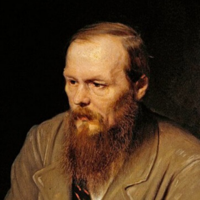
Fyodor Dostoevsky
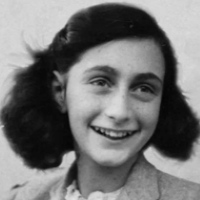
Anne Frank
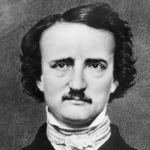
Edgar Allan Poe

William Shakespeare
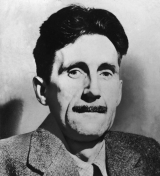
George Orwell
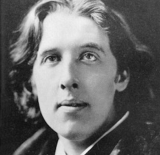
Oscar Wilde
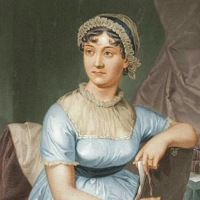
Jane Austen
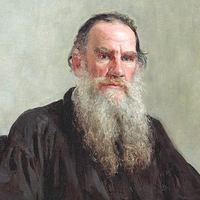
Leo Tolstoy (Лев Толсто́й)
